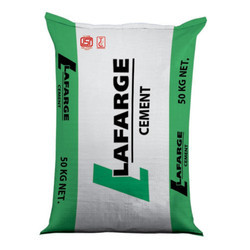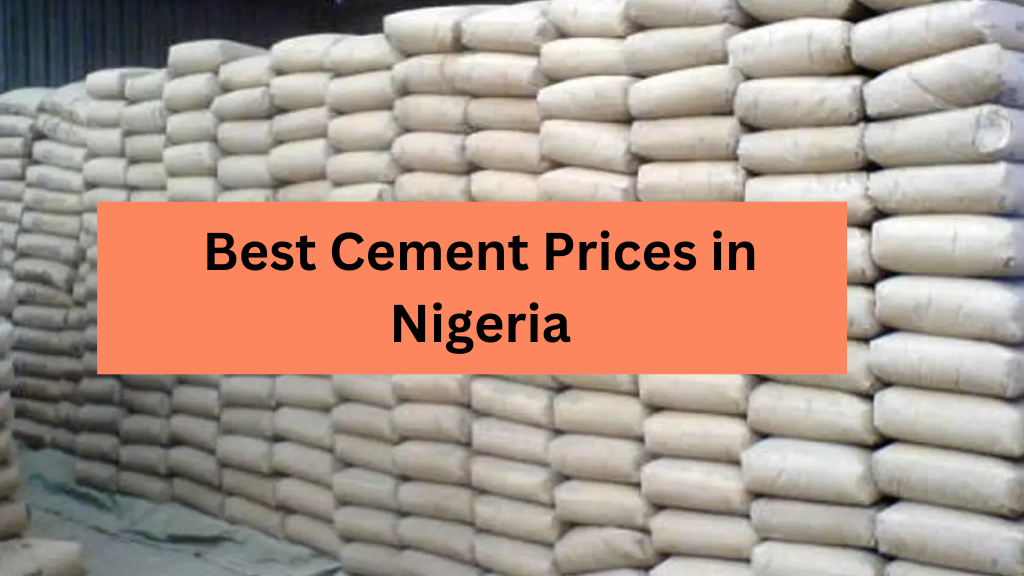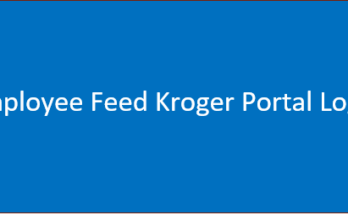Nigerians require cement heavily, both in the public and private sectors, as it is an essential building material. Yet, the prices of cement in the country have been fluctuating in recent years, causing concern for both consumers and producers. In this article, we will review the best cement prices in Nigeria, explain the reasons behind these fluctuations, and provide a cost analysis to help you understand the competitive prices of cement in Nigeria.
The top cement brands in Nigeria
Several top cement brands are operating in Nigeria, known for their quality products and market presence. Some of the prominent cement brands in Nigeria include:
Dangote Cement is a popular choice for both residential and infrastructure construction projects.
Lafarge Cement: Lafarge Cement, a subsidiary of LafargeHolcim, is another well-known cement brand in Nigeria.

BUA Cement: BUA Cement is a prominent Nigerian cement brand that operates with a focus on quality, innovation, and customer satisfaction.

UniCem (now merged with Lafarge): UniCem was a popular cement brand in Nigeria, known for its quality and reliability.
Ashaka Cement: Ashaka Cement, a subsidiary of LafargeHolcim, has been a longstanding cement brand in Nigeria.
The benefits of using Nigerian cement
Here are the benefits of using Nigerian cement:
- Cost-efficiency
- Support for the local economy
- Quality assurance
- Availability
- Sustainability
- Local expertise and support
- Infrastructure development
These are the key advantages of using Nigerian cement.
The drawbacks of using Nigerian cement
While there are benefits to using Nigerian cement, it’s important to consider some potential drawbacks as well.
- Restricted Selection: In comparison to imported alternatives, Nigerian cement options may have a more constrained assortment. This could limit its suitability for specific construction projects that require specialized cement types.
- Quality Concerns: Although Nigerian cement producers follow quality guidelines, there may be issues with reliable quality control. It’s crucial to ensure that the cement meets the required specifications for durability and strength.
- Unreliable Supply: It might be difficult to keep up a steady supply of Nigerian cement because of things like manufacturing capacity and transportation. This could cause delays or shortages for construction projects, impacting the overall timeline.
- Dependency on Imported Raw Materials: Clinker is one of the imported raw materials that are used in the production of cement in Nigeria. Any disruptions in the supply chain or fluctuations in currency exchange rates can affect production costs and potentially lead to price fluctuations.
- Limited International Recognition: Nigerian cement might have limited recognition or acceptance in international markets. This could impact export opportunities and limit the expansion of Nigerian cement manufacturers into global markets.
- Infrastructure Needs: Specialized equipment and facilities for handling, processing, and storage may be necessary for the use of Nigerian cement. This could add additional costs or logistical challenges for construction projects.
Understanding the Fluctuating Cement Prices in Nigeria
Supply and Demand
The equilibrium between supply and demand is one of the primary factors influencing cement prices in Nigeria. In recent years, there has been a surge in demand for cement due to the increase in construction projects across the country. The increase in production pressure from this has resulted in higher prices for cement producers. However, when demand decreases, prices tend to stabilize or even decrease.
Production Costs
The cost of producing cement in Nigeria is another significant factor that affects its prices. The production process involves mining, crushing, and grinding raw materials, such as limestone and clay, and then heating them in a kiln to produce clinker. Fuel price fluctuations may have an impact on the substantial amount of energy needed for this process. Additionally, the cost of transportation and labor also contributes to the overall production costs.
Currency Exchange Rates
The value of the US dollar relative to other currencies, specifically the Nigerian Naira, is another factor that affects how much cement costs vary. Most of the raw materials used in cement production are imported, and any changes in the exchange rates can significantly impact the cost of production. For instance, if the naira depreciates against the dollar, the cost of importing raw materials will increase, leading to higher cement prices.
Government Policies
The Nigerian government has implemented various policies and regulations that affect the cement industry, which can also impact prices. For example, the government has imposed a ban on the importation of cement to promote local production and reduce the country’s dependence on imports. This has led to a decrease in competition and allowed local producers to increase their prices.
Cost Analysis
To understand the competitive prices of cement in Nigeria, it is essential to conduct a cost analysis. This involves comparing the production costs of different cement companies in the country. The cost of production includes raw materials, labor, energy, and transportation costs. By analyzing these costs, you can determine which companies are offering competitive prices and which ones may be overcharging.
The current state of cement prices in Nigeria
Cement prices in Nigeria are influenced by various factors, including supply and demand, production costs, currency exchange rates, and government policies. High demand and limited supply can drive prices up, while decreased demand or increased supply can lead to price stabilization or decreases. Production costs, including raw materials, labor, energy, and transportation, can also influence prices.
Fluctuations in production costs, such as fuel prices and currency exchange rates, can affect cement prices. Currency exchange rates, particularly the Nigerian Naira against major currencies like the US Dollar, can affect the cost of importing raw materials, affecting overall production costs and influencing cement prices. Government policies, such as import bans or tariffs, can also affect cement prices. To stay updated on cement prices, it is recommended to consult local suppliers, construction industry reports, or market research sources.
Conclusion
In summary, supply and demand, production costs, currency exchange rates, and government policies all have an impact on Nigeria’s volatile cement prices. To understand the competitive prices of cement, it is crucial to conduct a cost analysis and compare prices among different companies. Customers in Nigeria can choose wisely when buying cement by being aware of these variables and performing a cost analysis.
| Cement Brands | Prices |
|---|---|
| Dangote Cement | ₦5,100 |
| Lafarge Cement | ₦5,000 |
| BUA Cement | ₦5,200 |
| UNICEF cement | ₦5,000 |
| Ibeto Cement | ₦5,000 |
Have you noticed any significant changes in cement prices in Nigeria? Let us know in the comments.



